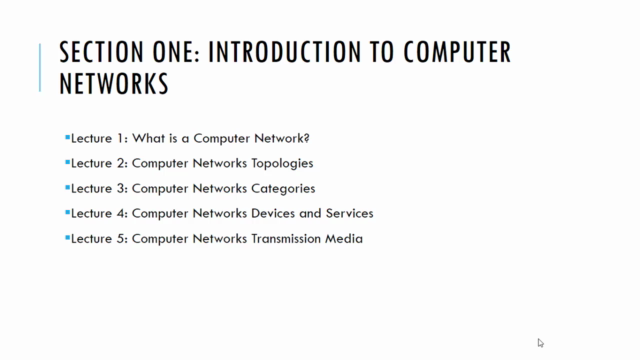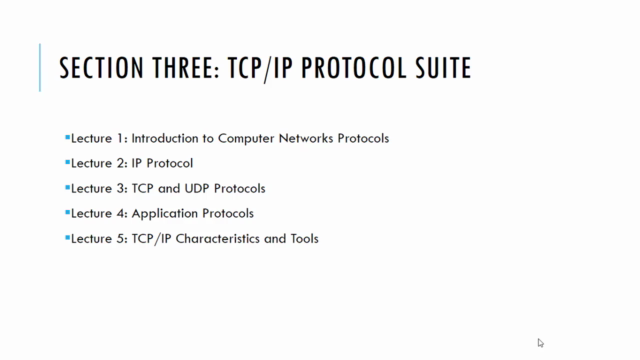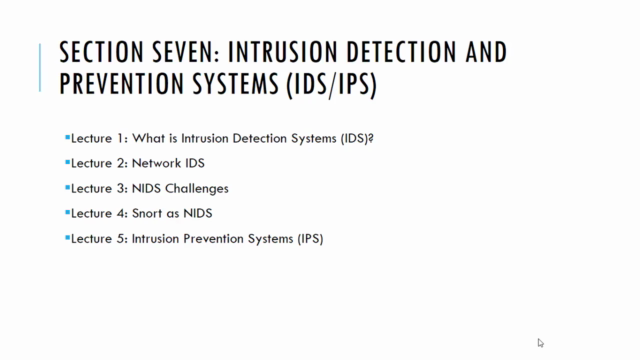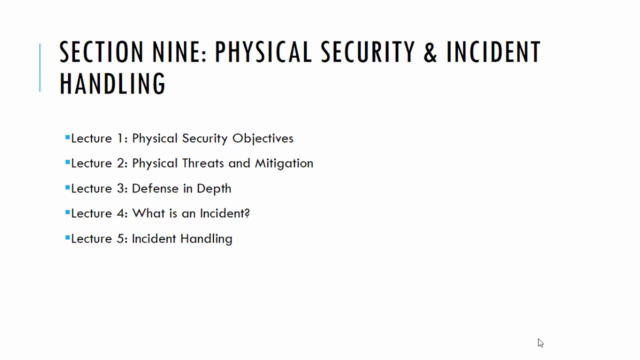Cybersecurity of Networks from Scratch to Advanced

Why take this course?
🚀 Course Title: Cybersecurity of Networks from Scratch to Advanced
🎓 Headline: Master Computer Networks Security Technologies and Tools for Network Admins and Cyber Security Officers
Introduction: By the end of this course, you will have a solid understanding of both the fundamentals and professional-level concepts in computer networks security. This comprehensive course is designed for individuals with no prior experience, yet it will empower you to grasp all the current terminologies and practices in network security by the time you complete the lectures.
🌐 Section One: Introduction to Computer Networks Dive into the basics of computer networks, including their devices, services, topologies, and transmission media. This foundational section sets the stage for understanding how networks operate and communicate.
- What is a Computer Network?
- Computer Networks Topologies
- Computer Networks Categories
- Computer Networks Devices and Services
- Computer Networks Transmission Media
🔮 Section Two: ISO/OSI Model (7 Layers) Discover the OSI model and its significance in network communication. This section breaks down the seven layers, from Application to Physical, providing you with a clear understanding of each layer's role and function within the network stack.
- Why ISO/OSI Model?
- Application, Presentation, and Session Layers
- Transport and Network Layers
- Data Link and Physical Layers
- ISO/OSI Model in Action
🔄 Section Three: TCP/IP Protocol Suite Explore the core protocols that govern the internet, including IP, TCP, UDP, and application protocols. Learn about their characteristics, tools, and how they interact within the network environment.
- Introduction to Network Protocols
- IP Protocol Fundamentals
- TCP and UDP Protocols
- Application Protocols
- TCP/IP Characteristics and Tools
📡 Section Four: Wireless Networks Understand the unique aspects of wireless networks, their benefits and drawbacks, types, protocols like Wi-Fi, and devices that make up these networks. This section will also address common security concerns with wireless technology.
- Wireless Networks Benefits and Drawbacks
- Types of Wireless Networks
- Protocol: Wi-Fi and Security Considerations
- Secure Network Design with Wireless Technologies
🏛️ Section Five: Physical Security & Incident Handling Learn about the importance of physical security in network protection, defense in depth strategies, and how to handle incidents effectively. This section emphasizes the CIA triad and risk management within networks.
- Physical Security Objectives
- Defense in Depth (DiD)
- What is an Incident?
- Incident Handling Procedures
🛡️ Section Six: Computer Networks Security Conclusion Conclude your learning journey with a comprehensive overview of confidentiality, integrity, and availability (CIA). You'll learn about assets, threats, vulnerabilities, common attacks, and the best security recommendations to protect your network infrastructure.
- Confidentiality, Integrity, and Availability (CIA)
- Assets, Threats, and Vulnerabilities in Network Security
- Common Attacks and their Countermeasures
- Security Recommendations for Robust Network Protection
Why Take This Course? This course is your comprehensive guide to understanding the intricacies of computer networks security. It's perfect for:
- Beginners who are new to network security concepts
- Professionals seeking to enhance their knowledge and skills
- Anyone interested in a career in cybersecurity
By completing this course, you'll be well-equipped with the knowledge and tools needed to design, implement, and manage secure computer networks. 🛠️✨
Enroll Now and Secure Your Networks!
Embark on your journey towards becoming a cybersecurity expert today. With this course, you'll gain practical insights and theoretical knowledge that will serve as the cornerstone of your network security career. 💻🚀
Course Gallery




Loading charts...